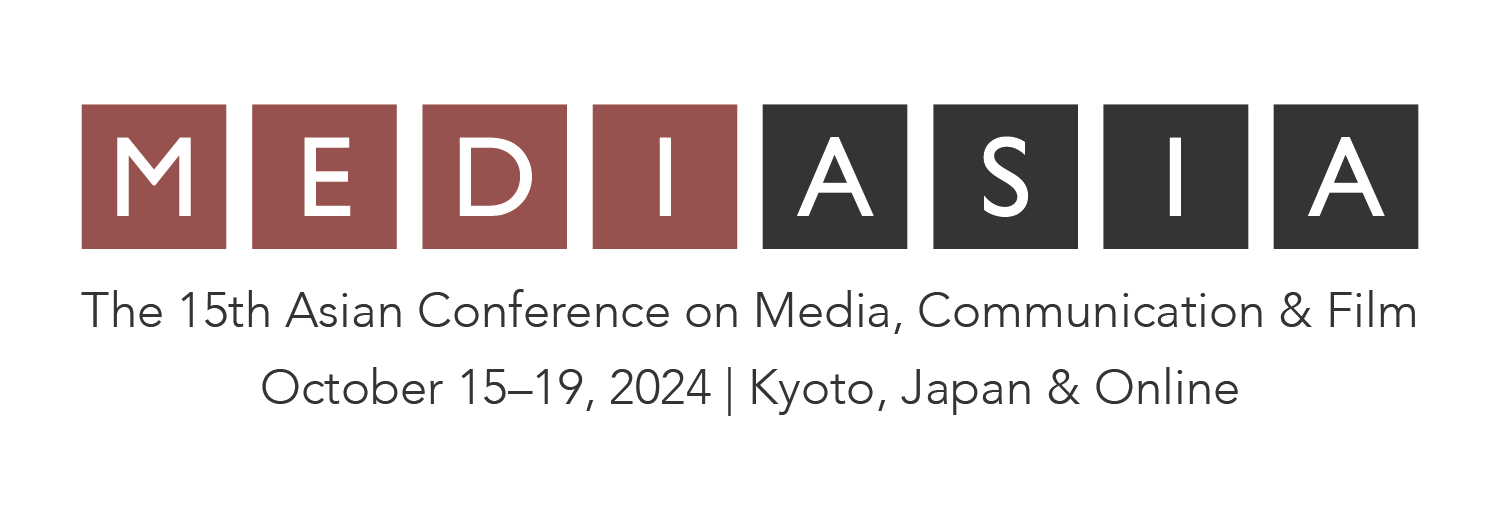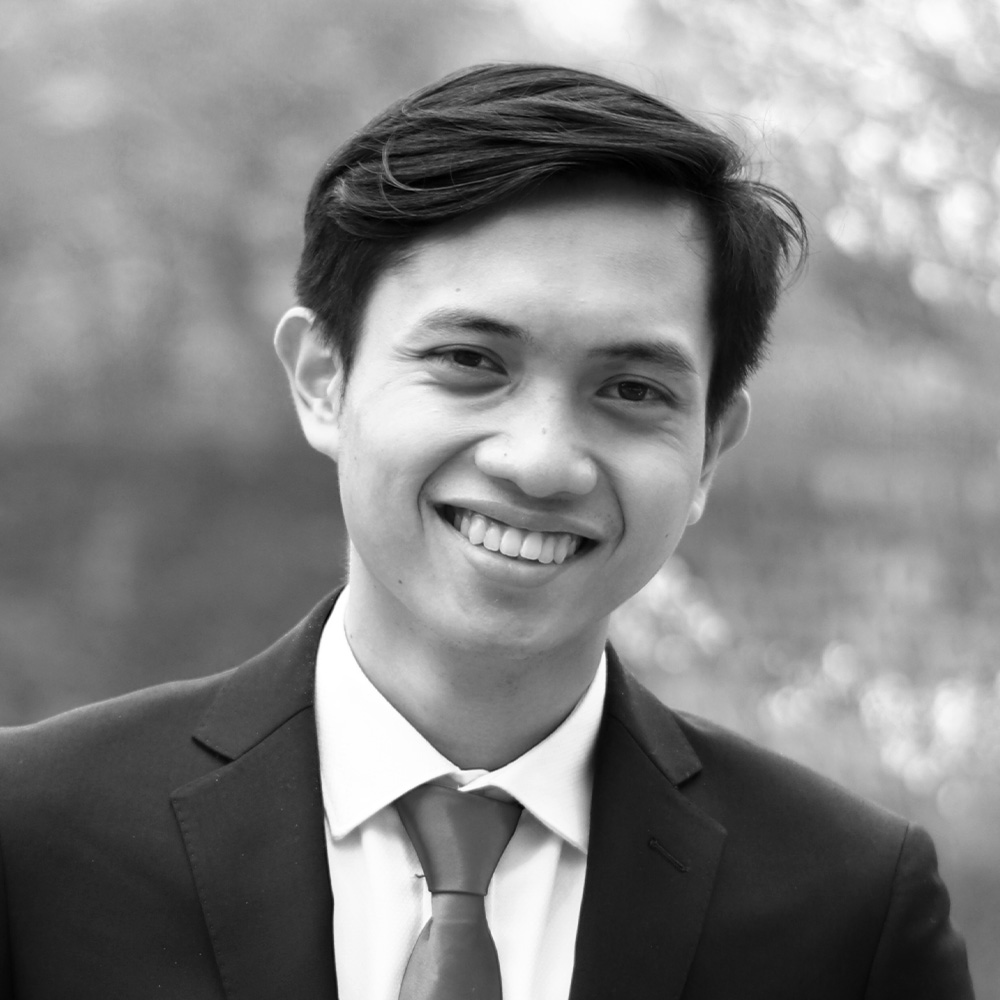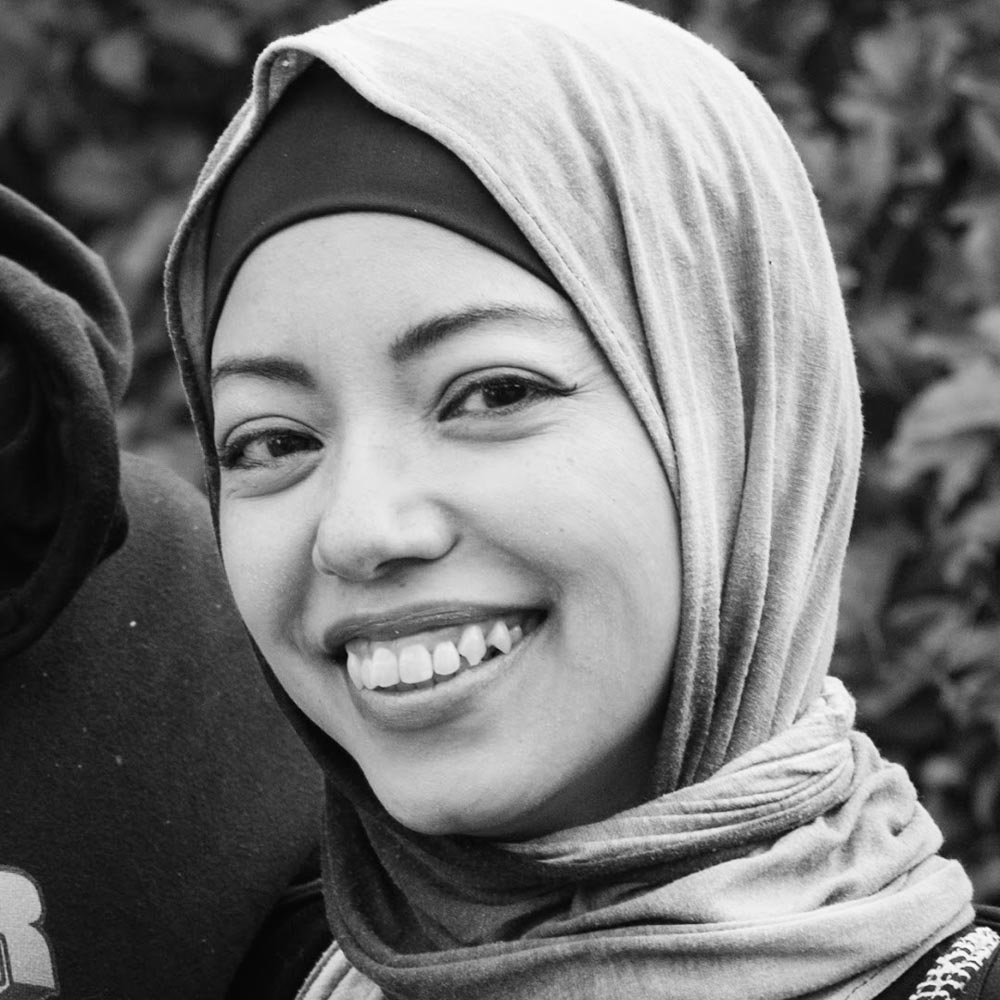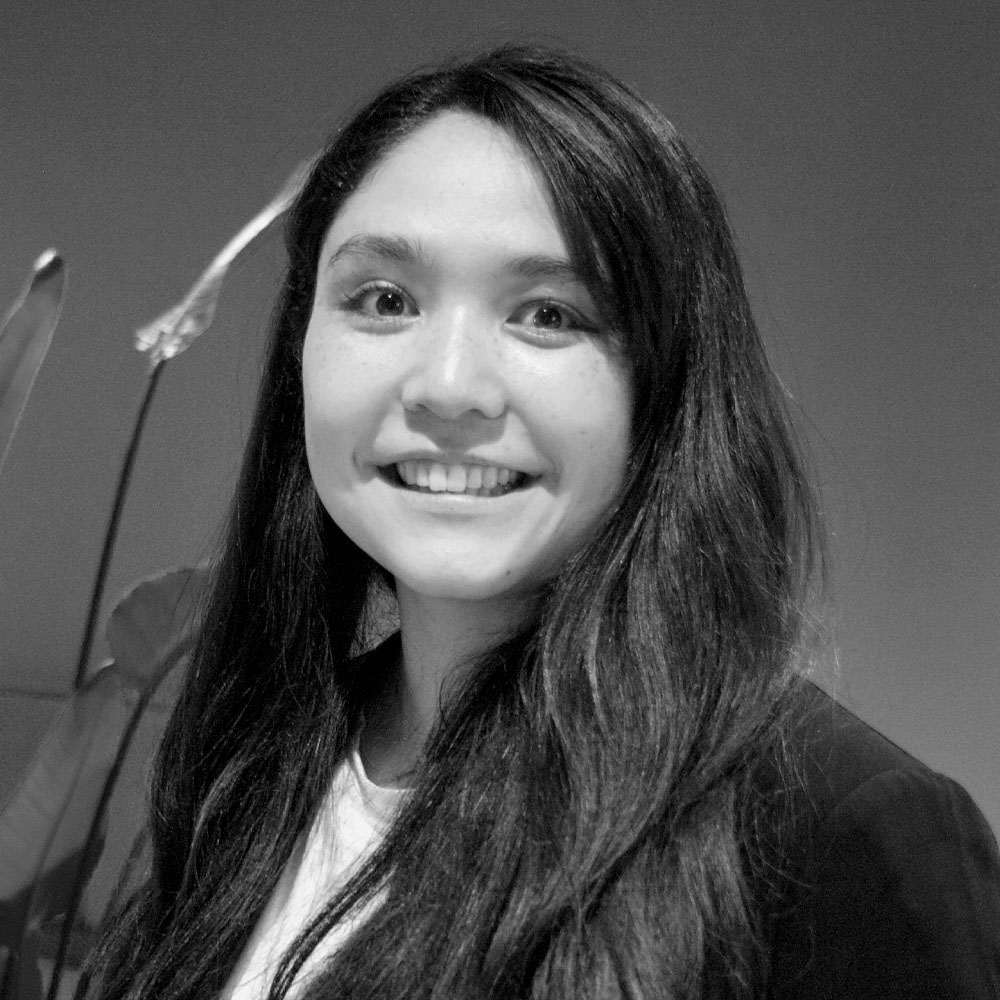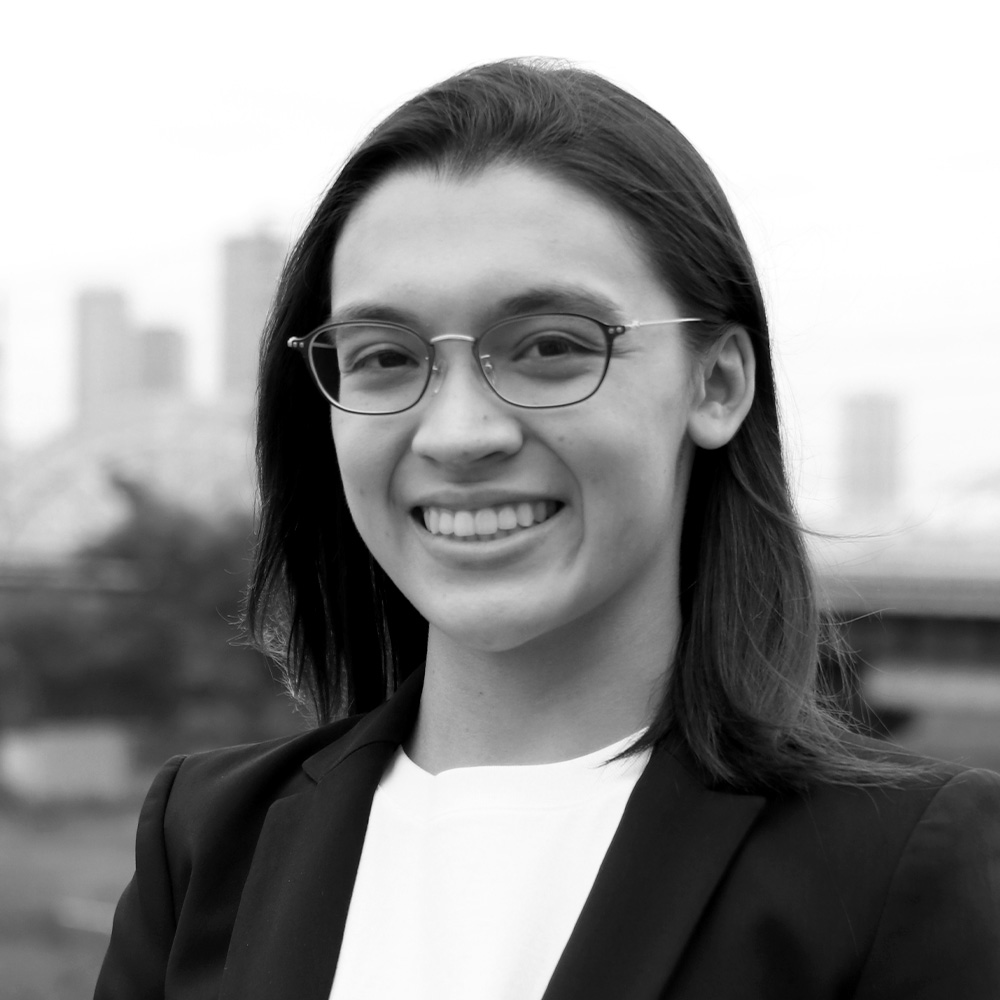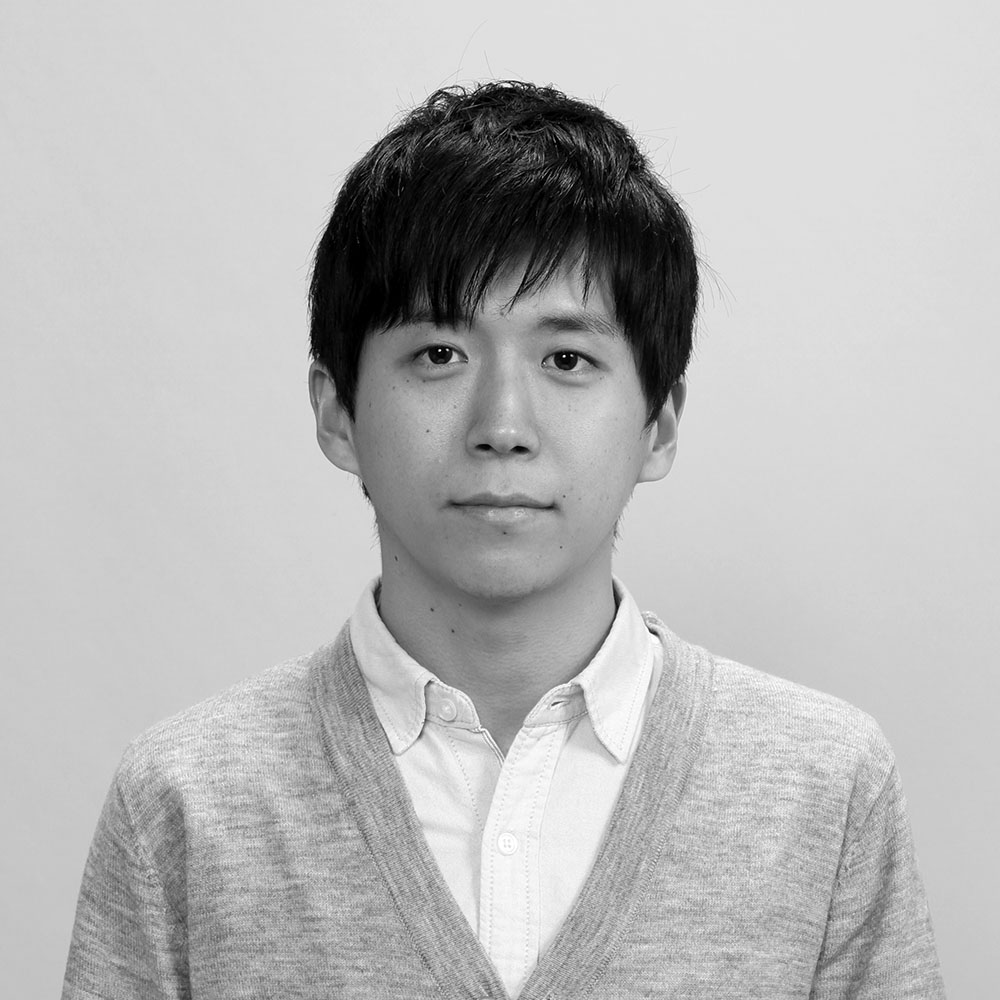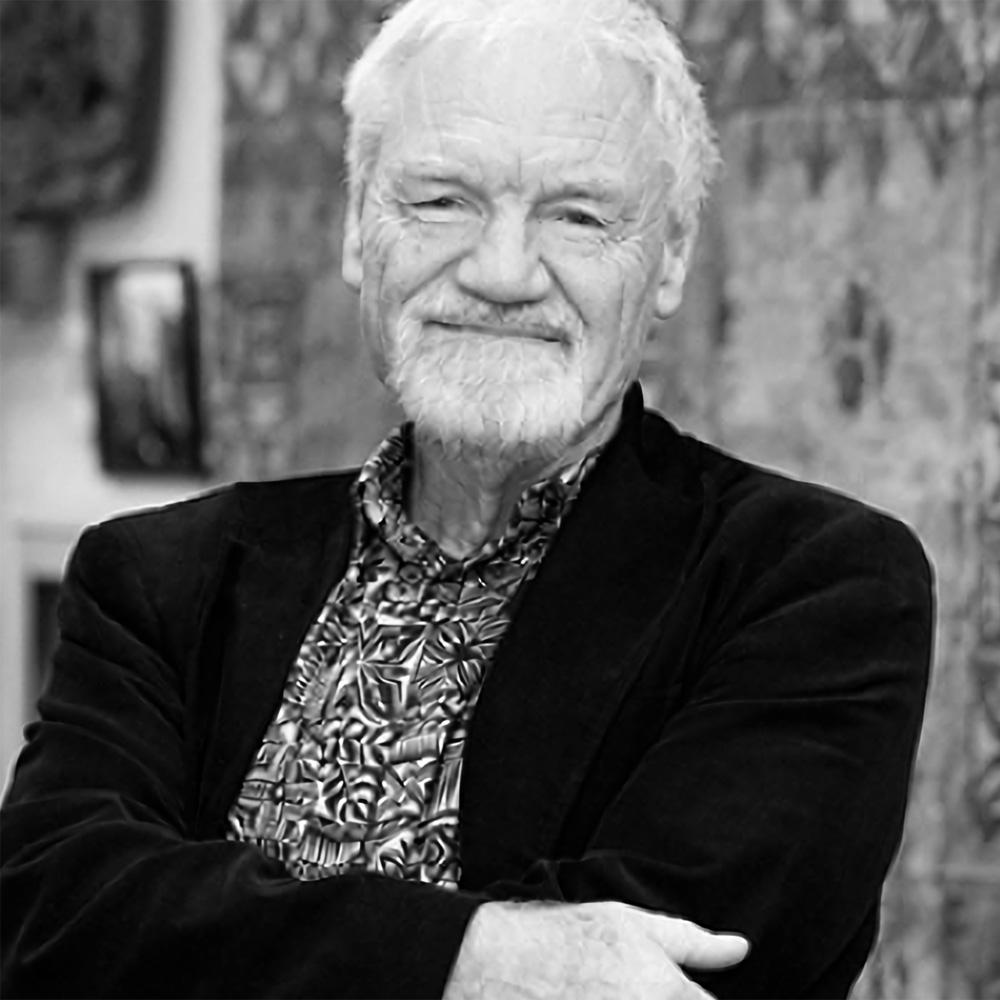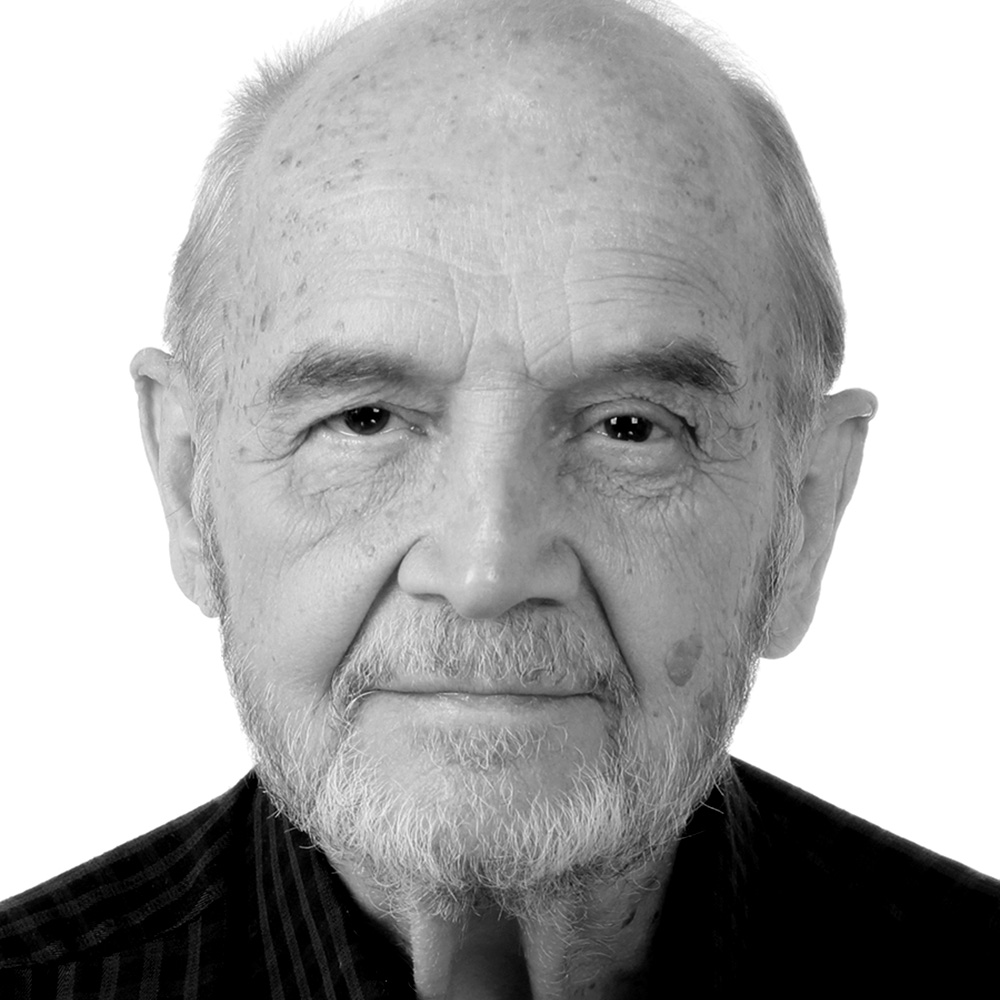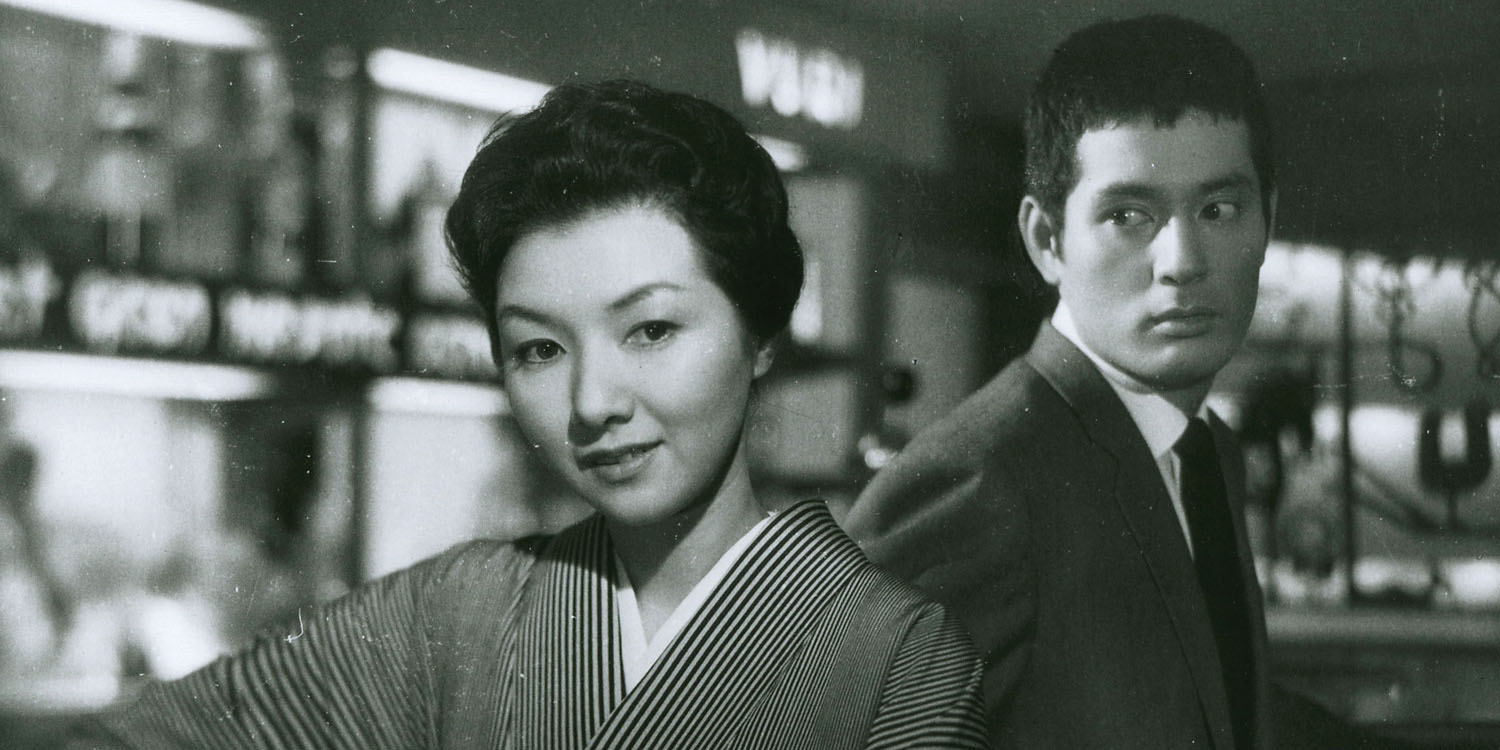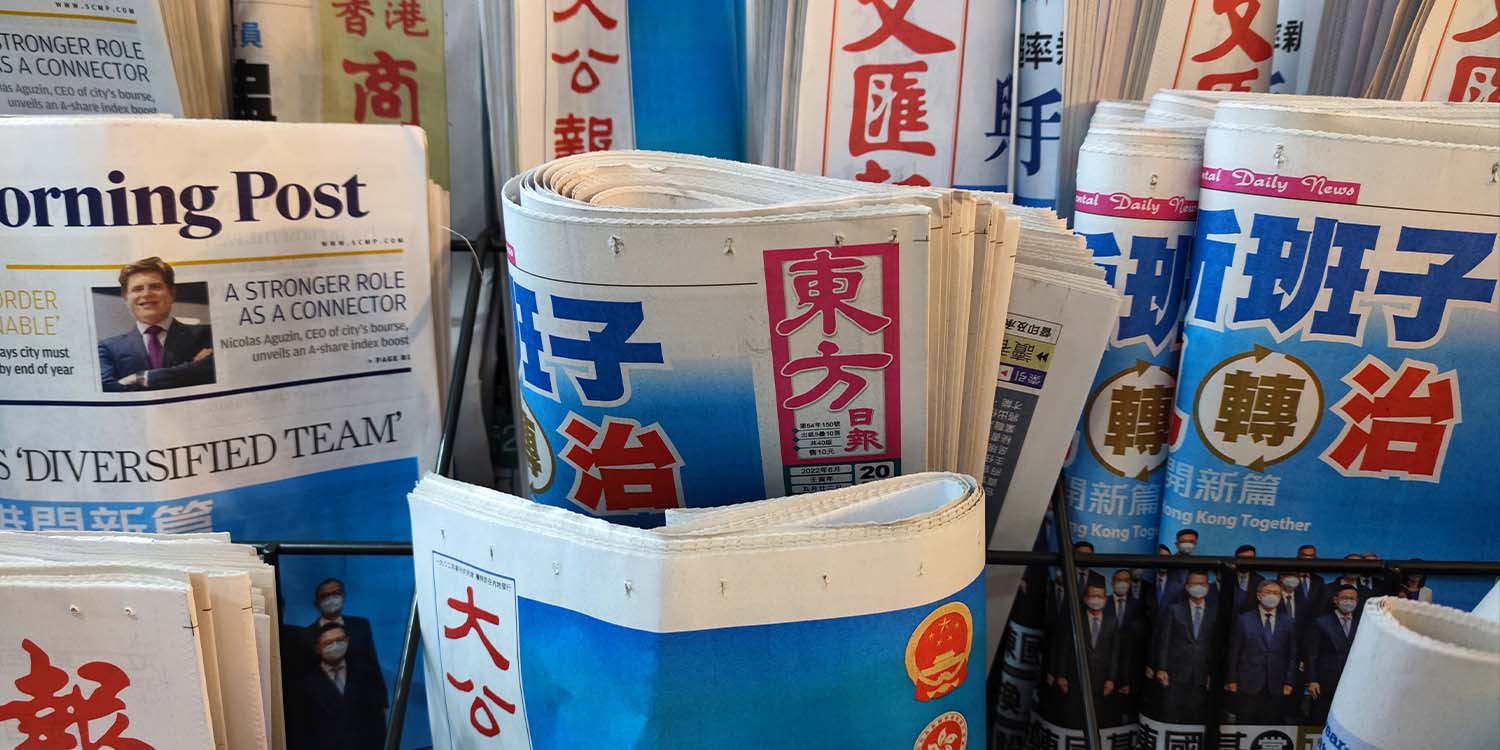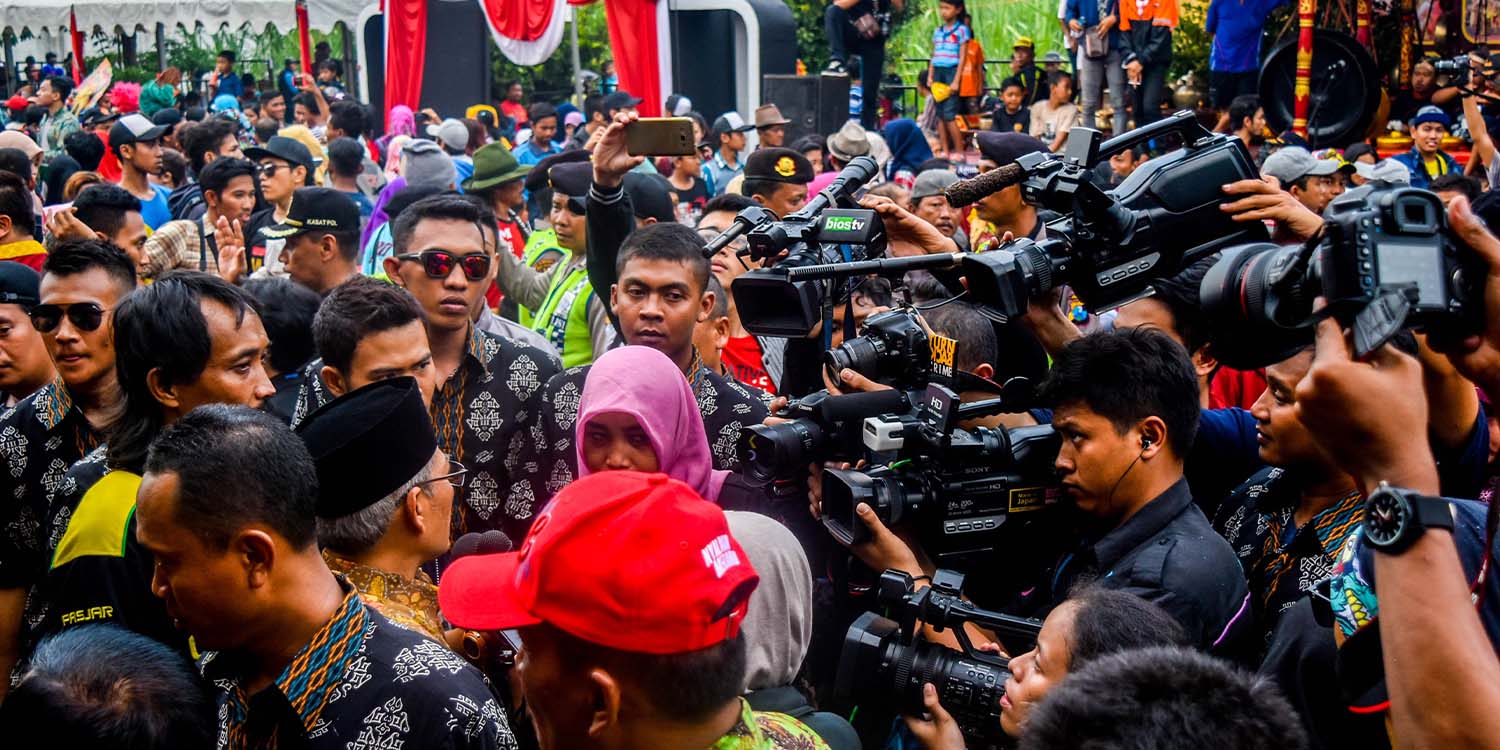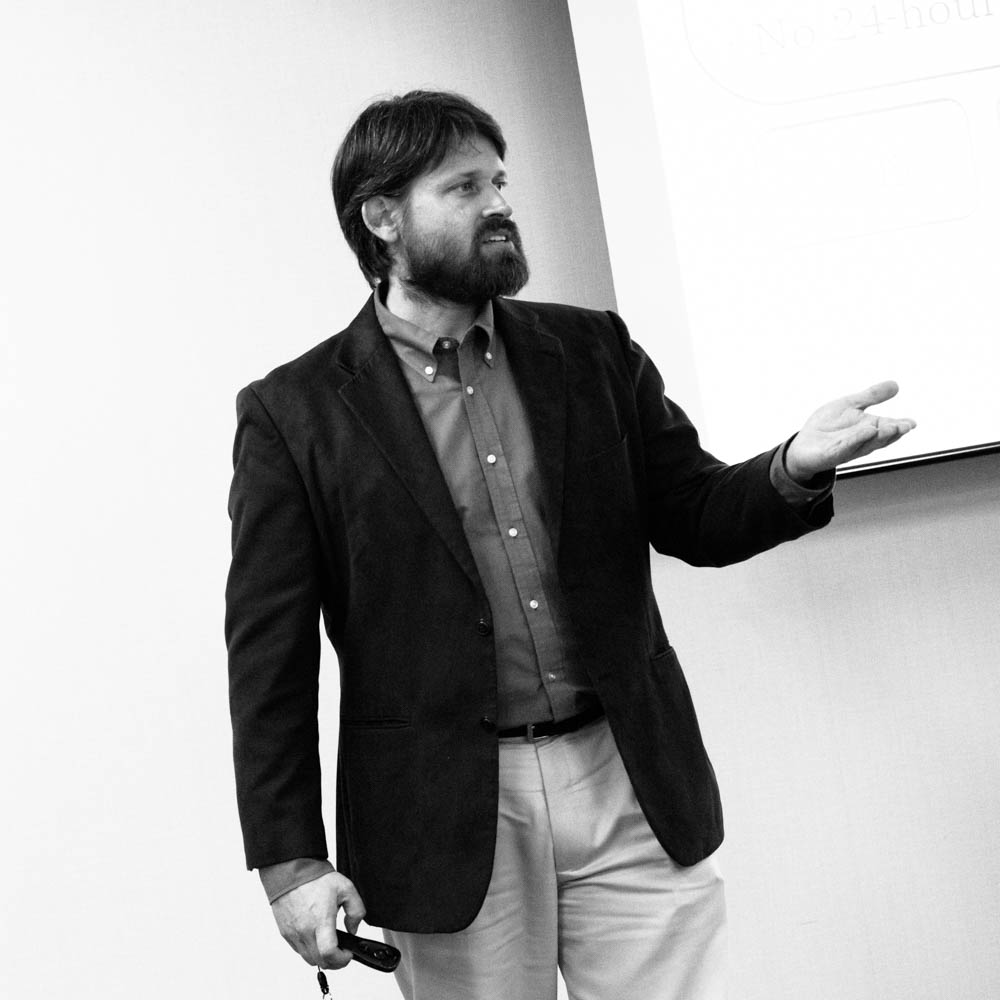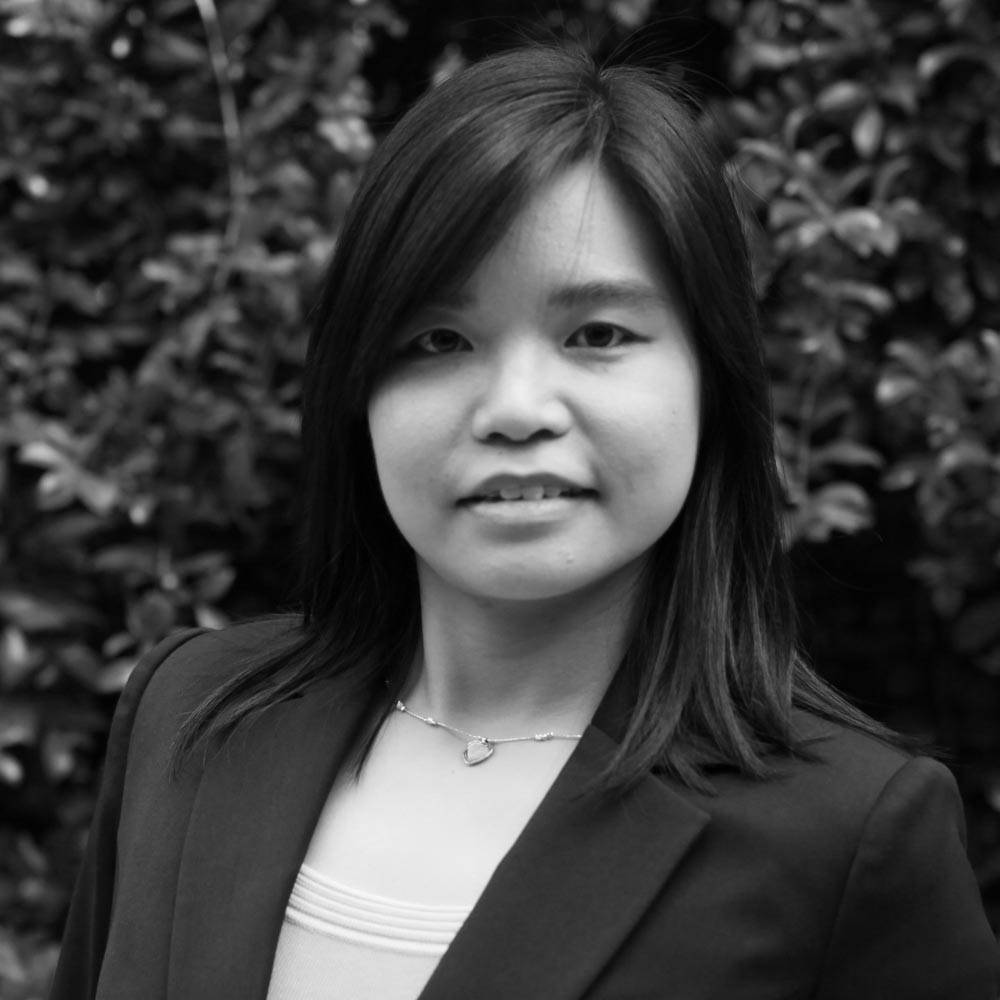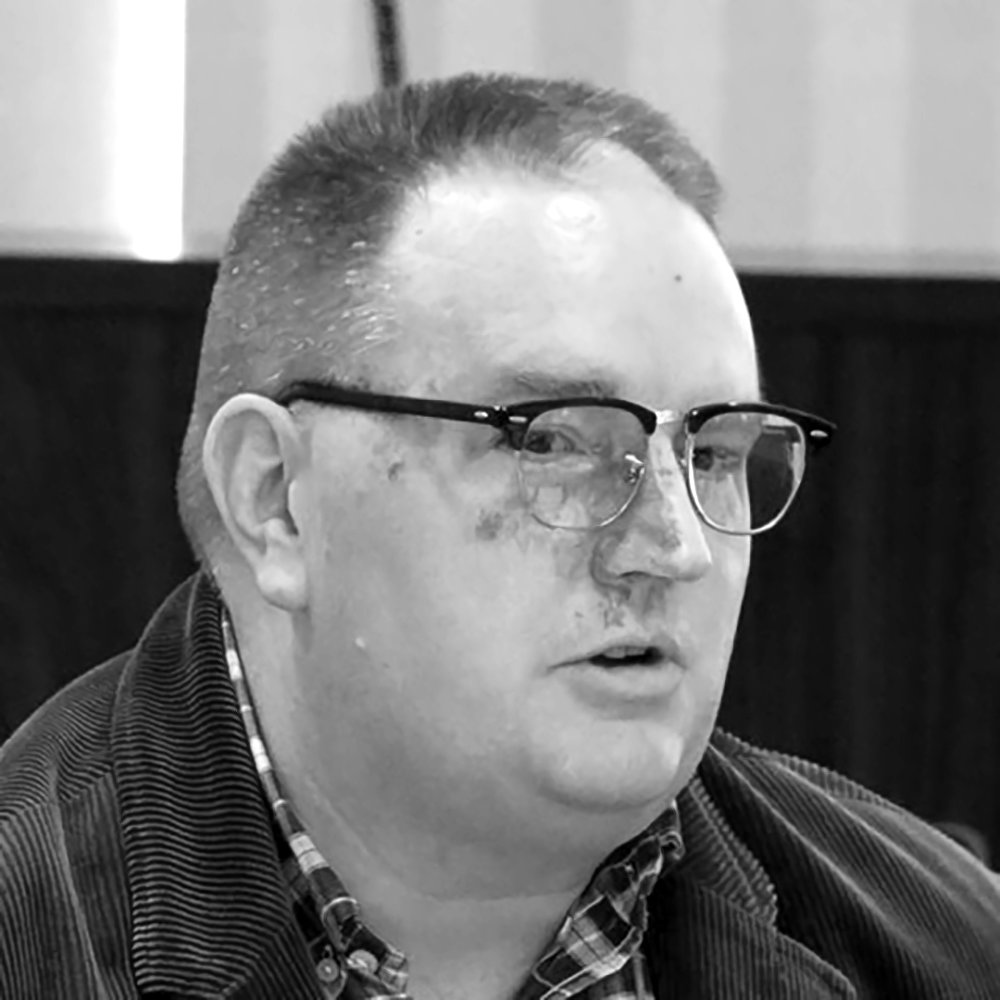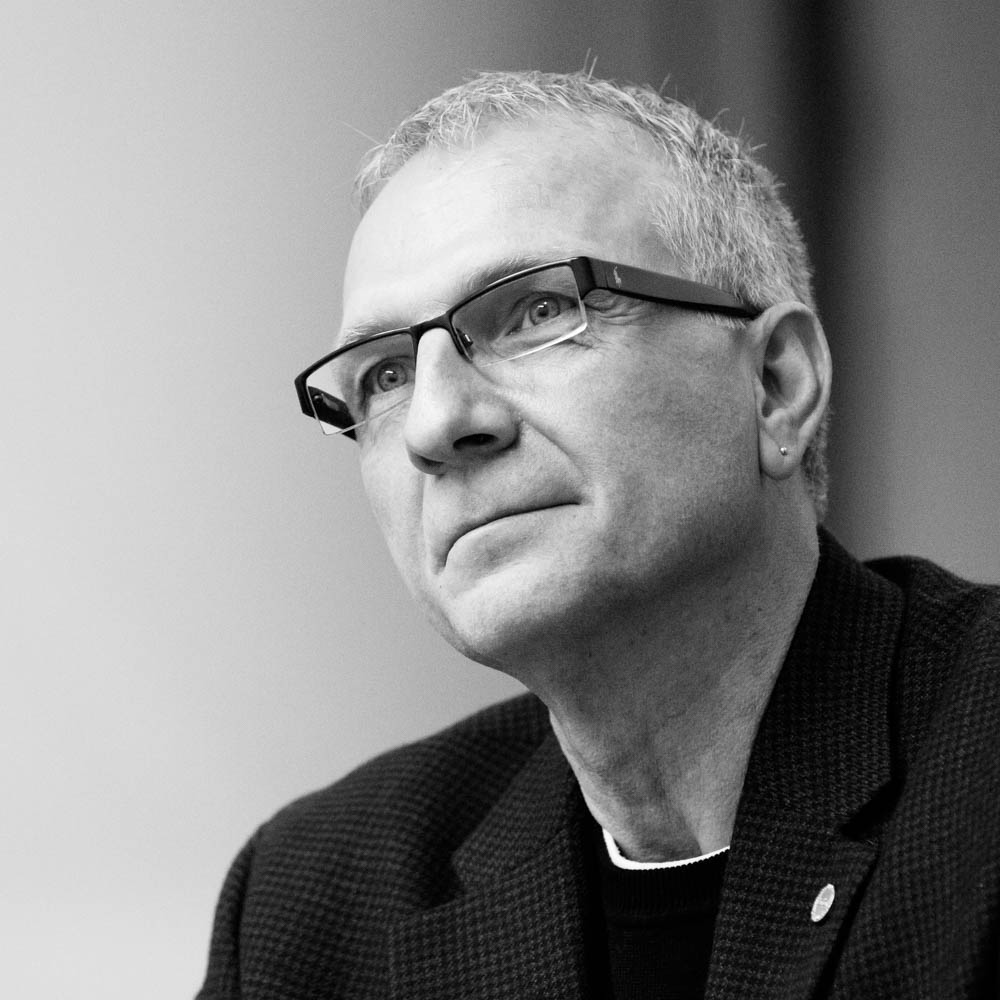MediAsia is organised by IAFOR in association with the IAFOR Research Centre at the Osaka School of International Public Policy (OSIPP) in Osaka University, Japan.
MediAsia2022
October 17–20, 2022 | Held in Kyoto, Japan, and Online
Speakers
-
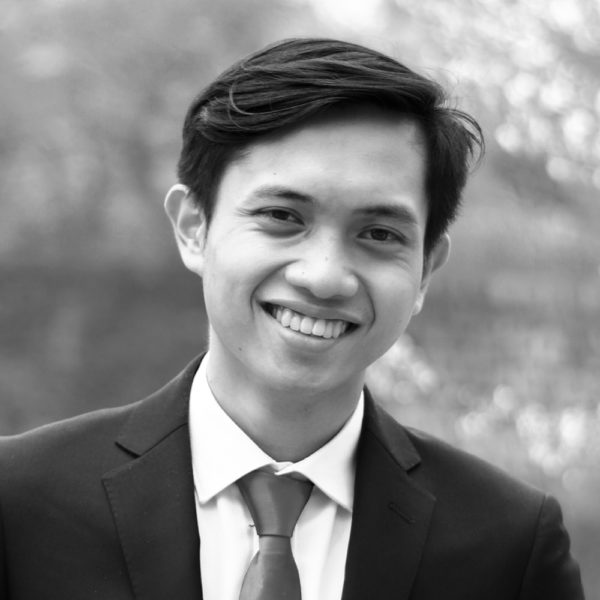 Syafiq Syaikhul AkbarOsaka School of International Public Policy (OSIPP), Osaka University, Japan
Syafiq Syaikhul AkbarOsaka School of International Public Policy (OSIPP), Osaka University, Japan -
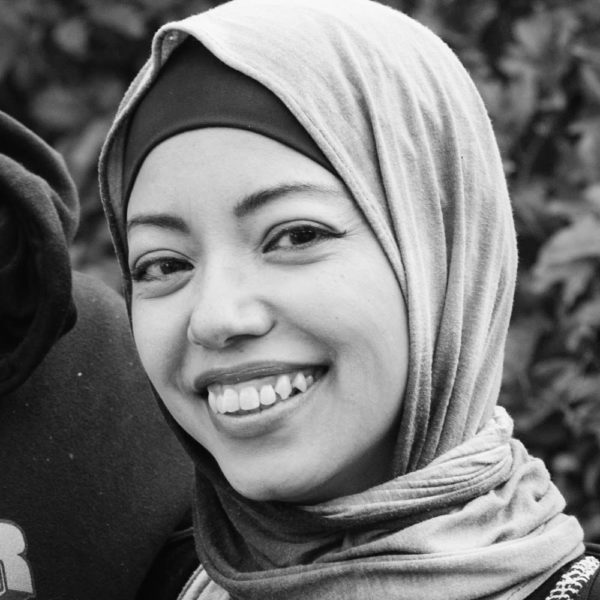 Nasya BahfenLa Trobe University, Australia
Nasya BahfenLa Trobe University, Australia -
 Thomas G. EndresUniversity of Northern Colorado, United States
Thomas G. EndresUniversity of Northern Colorado, United States -
 Kelsey Oliver ImanishiOsaka School of International Public Policy (OSIPP), Osaka University, Japan
Kelsey Oliver ImanishiOsaka School of International Public Policy (OSIPP), Osaka University, Japan -
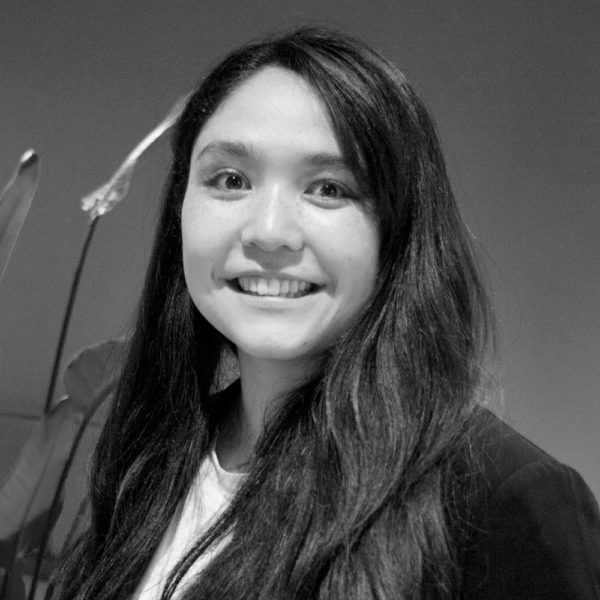 Azusa IwaneGlobal News View, Japan
Azusa IwaneGlobal News View, Japan -
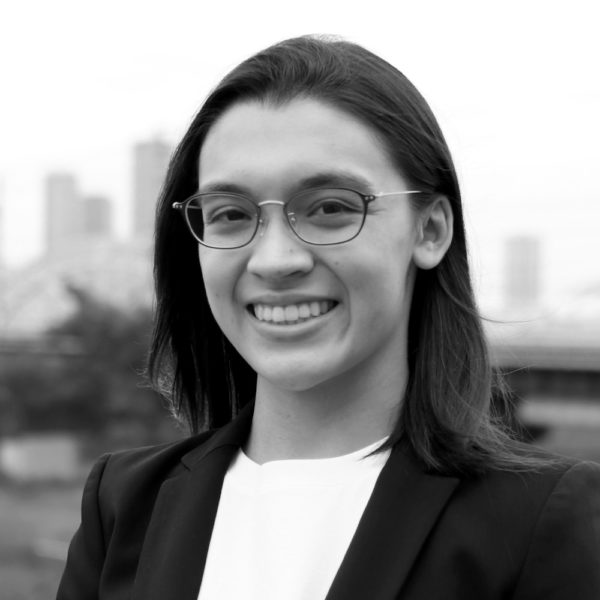 Namie Kawabata WilsonOsaka School of International Public Policy (OSIPP), Osaka University, Japan
Namie Kawabata WilsonOsaka School of International Public Policy (OSIPP), Osaka University, Japan -
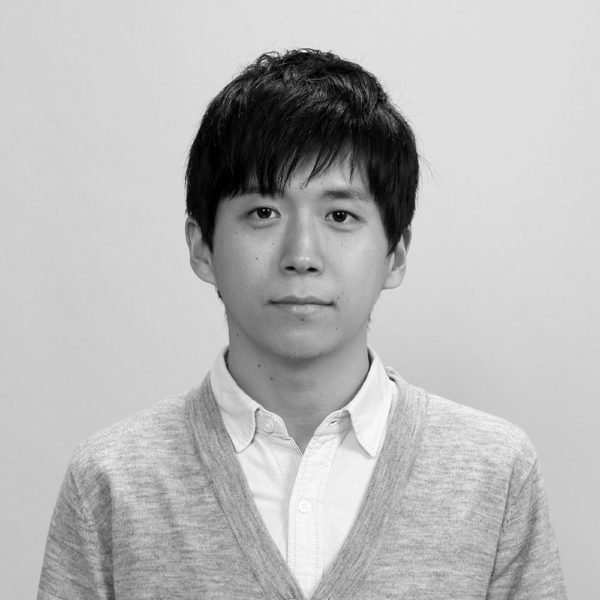 Yutaka KuboKanazawa University, Japan
Yutaka KuboKanazawa University, Japan -
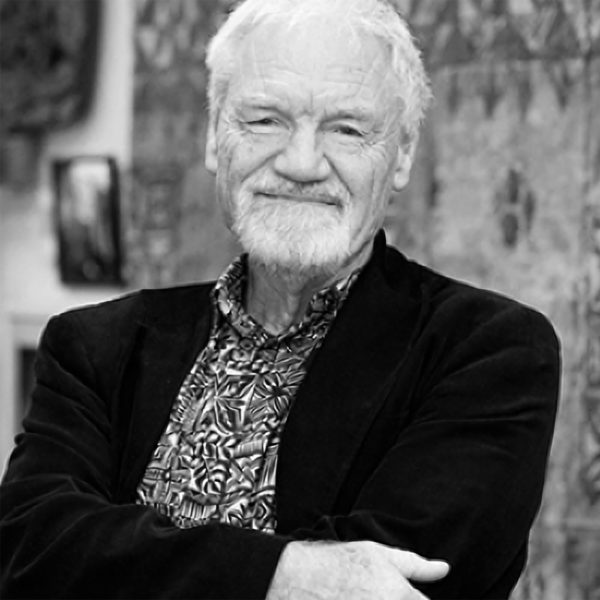 David RobieAsia Pacific Report, Aotearoa New Zealand
David RobieAsia Pacific Report, Aotearoa New Zealand -
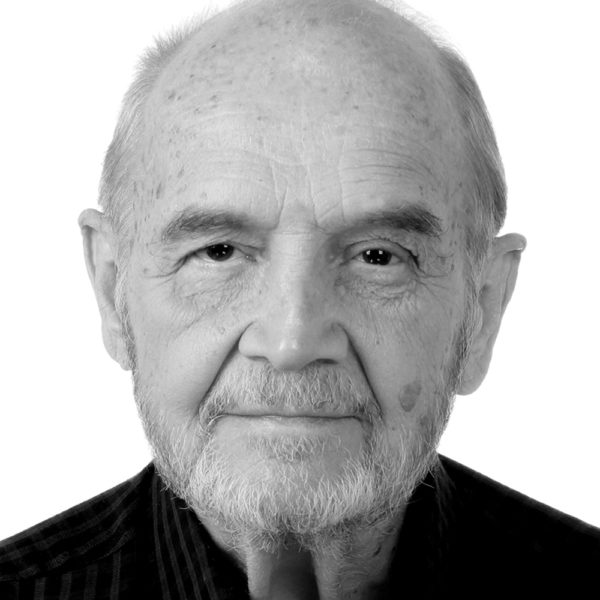 Brian VictoriaOxford Centre for Buddhist Studies, UK
Brian VictoriaOxford Centre for Buddhist Studies, UK
Programme
-
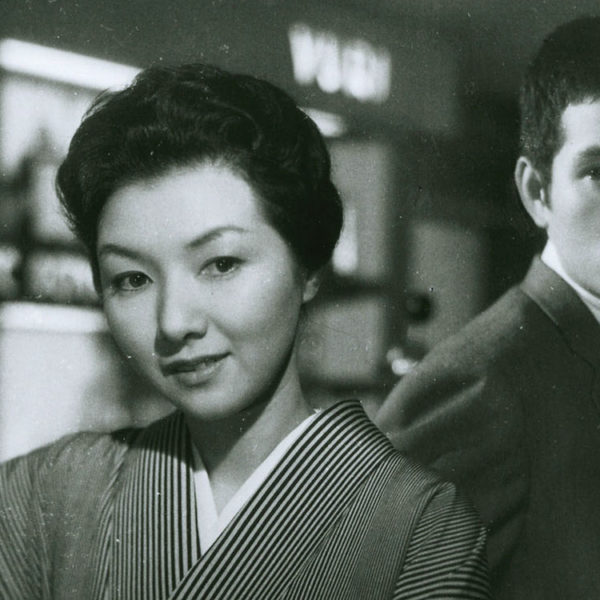 Revisiting Keisuke Kinoshita through a Queer LensKeynote Presentation: Yutaka Kubo
Revisiting Keisuke Kinoshita through a Queer LensKeynote Presentation: Yutaka Kubo -
 The “Zen” of Zen Gardens: Fact or Fiction?Keynote Presentation: Brian Victoria
The “Zen” of Zen Gardens: Fact or Fiction?Keynote Presentation: Brian Victoria -
 News Media and the WorldPanel Presentation: Azusa Iwane, Namie Kawabata Wilson, Kelsey Oliver Imanishi & Syafiq Syaikhul Akbar
News Media and the WorldPanel Presentation: Azusa Iwane, Namie Kawabata Wilson, Kelsey Oliver Imanishi & Syafiq Syaikhul Akbar -
 Costume Conversations: Resilience and Representation in Cosplay and BeyondKeynote Presentation: Thomas G. Endres
Costume Conversations: Resilience and Representation in Cosplay and BeyondKeynote Presentation: Thomas G. Endres -
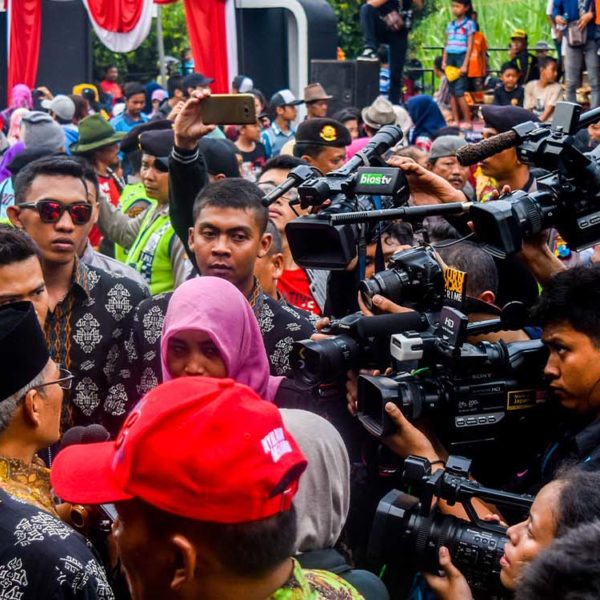 Challenges Faced by Media Covering the Asia-Pacific: A Conversation with David RobieFeatured Interview: David Robie & Nasya Bahfen
Challenges Faced by Media Covering the Asia-Pacific: A Conversation with David RobieFeatured Interview: David Robie & Nasya Bahfen
Organising Committee
The Conference Programme Committee is composed of distinguished academics who are experts in their fields. Conference Programme Committee members may also be members of IAFOR's International Academic Board. The Organising Committee is responsible for nominating and vetting Keynote and Featured Speakers; developing the conference programme, including special workshops, panels, targeted sessions, and so forth; event outreach and promotion; recommending and attracting future Conference Programme Committee members; working with IAFOR to select PhD students and early career academics for IAFOR-funded grants and scholarships; and overseeing the reviewing of abstracts submitted to the conference.
-
 Nasya BahfenLa Trobe University, Australia
Nasya BahfenLa Trobe University, Australia -
 Thomas G. EndresUniversity of Northern Colorado, United States
Thomas G. EndresUniversity of Northern Colorado, United States -
 Joseph HaldaneThe International Academic Forum (IAFOR), Japan
Joseph HaldaneThe International Academic Forum (IAFOR), Japan -
 Bradley J. HammMedill School of Journalism, Northwestern University, USA
Bradley J. HammMedill School of Journalism, Northwestern University, USA -
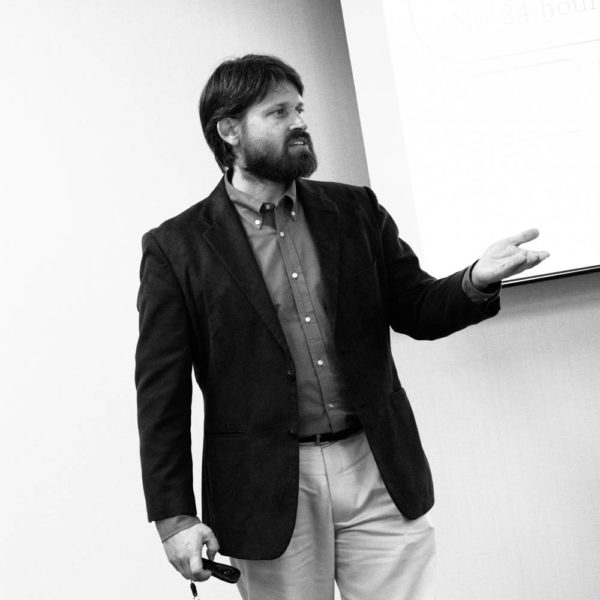 Virgil HawkinsOsaka University, Japan
Virgil HawkinsOsaka University, Japan -
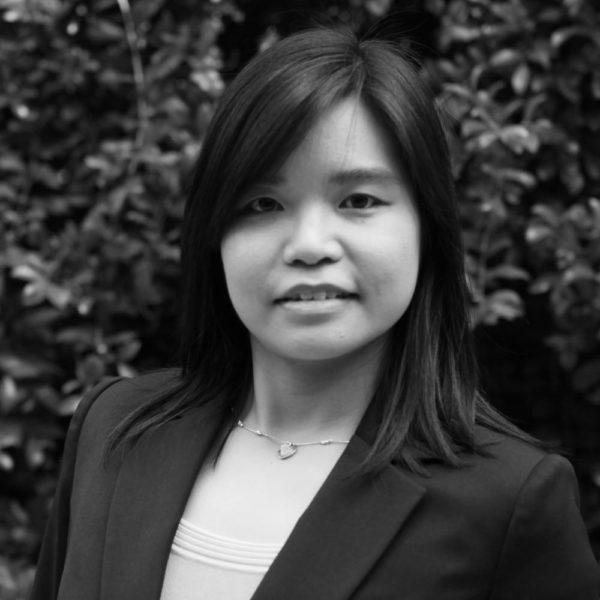 Celia LamUniversity of Nottingham Ningbo China (UNNC), China
Celia LamUniversity of Nottingham Ningbo China (UNNC), China -
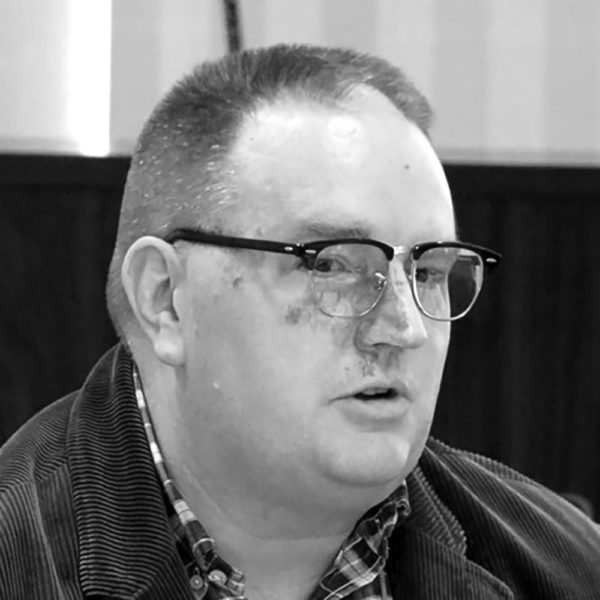 Timothy W. PollockOsaka Kyoiku University / Osaka Metropolitan University, Japan
Timothy W. PollockOsaka Kyoiku University / Osaka Metropolitan University, Japan -
 Paul SpicerHokkaido University, Japan
Paul SpicerHokkaido University, Japan -
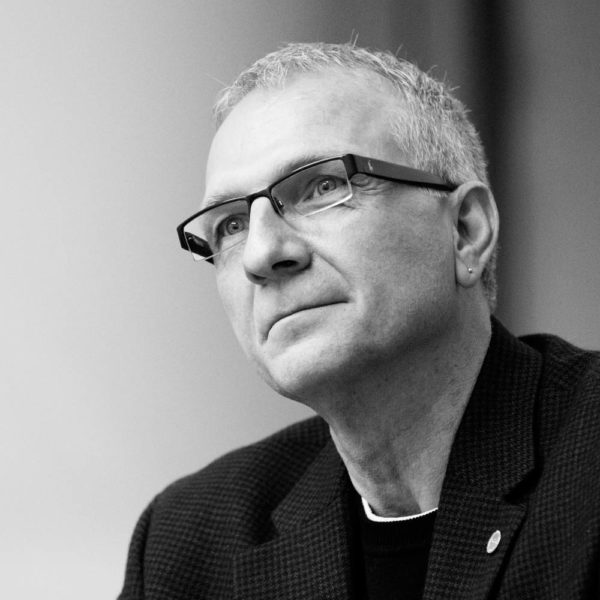 Gary E. SwansonUniversity of Northern Colorado, USA (fmr.)
Gary E. SwansonUniversity of Northern Colorado, USA (fmr.)
MediAsia2022 | KAMC2022 Review Committee
- Professor Azza Ahmed, Zayed University, United Arab Emirates
- Dr Georgia Eglezou, Panteion University, Greece
- Professor William Kunz, University of Washington Tacoma, United States
- Dr Eko Nursanty, University of 17 Agustus 1945 (UNTAG) Semarang, Indonesia
- Dr Michael Ogden, Zayed University, United Arab Emirates
- Dr Rachna Sharma, Indian Institute of Mass Communication, New Delhi, India
- Dr Paul Spicer, Hokkaido University, Japan
- Dr Suranti Trisnawati, Institut Teknologi Bandung, Indonesia
- Dr Aaron Ward, Toyo University, Japan
Conference Outline
Location: Online
09:15-09:30: Welcome Address
09:30-11:10: Online Parallel Presentation Session 1
Room A: Film Criticism and Theory
65836 | China’s Green Campaign in Eco-images–The Conflicting Stories and Complex Realities
65827 | Becoming-Cockroach in the End Times: Alienation and Involution in the Films of Tsai Ming-liang
66252 | Ouyang Yuqian’s Mulan Joins the Army: The Wartime Propagandist and the Female Crossdresser
65620 | Historical Nostalgia in Animated Film
Room B: Visual Culture
65799 | Vaporwave Aesthetics: Affect, Vibe, and Japan Imagined in Global Melancholia
65885 | Exploring Indonesian Cultural Symbols for Food Packaging Design – A Comparative Study: Indonesian and Thai Consumers
65803 | Social Media Content: Manifesting Reality or a Radically Fantasized Image?
65011 | Exploring Meme Marketing Strategies for the Post-Pandemic World: Case of Indian Brands
11:10-11:25: Break
11:25-13:05: Online Parallel Presentation Session 2
Room A: Film and Literature
65676 | Exploring Southeast Asian History and Cultural Values Through Short Stories
65035 | The Colonialism Behind the Mastery and Servant Bond in Shakespeare’s The Tempest
65755 | Feminized Seme: Reflecting and Resignifying Femininity in Chinese Commercialized Danmei Novels
65791 | “You Must Think Like a Patch of Sand”: Neurodiversity in Dune (1965)
Room B: Interdisciplinary: Cultural Studies
65533 | A Critical Reading on the Anti-feminism Discourse by “The Online Left Wing” in Bilibili Platform
65609 | #MoreThanHumanLivesMatter: Breaking the Egotistical and Moving to Ecocritical
65756 | Nurturing Hope Post-COVID-19: Parental Death and Bereavement Among Malaysian Children
65839 | “I See The Urgent Needs of Children”: A Dialogue with The “Firefighter of Charity Work”
13:05-13:20: Break
13:20-14:10: Online Parallel Presentation Session 3
Room A: Cultural Studies
65025 | An Archetypal Study of Studio Bones’ “Fullmetal Alchemist: Brotherhood” (2009-10)
65737 | The Impact of Cultural Code on Communication Promotion of Japanese Animation in the USA
Room B: Visual Arts
65728 | AI Images and Visual Culture – A Case Study of the Portrait of Edmond De Belamy
64968 | Mindfulness in Art Practices, an Ethnographic Research on Hong Kong Artists in Visual Arts, Music/sound Art, Performance and Contemporary Art
14:10-14:25: Break
14:25-16:05: Online Parallel Presentation Session 4
Room A: Film Criticism and Theory
64444 | Exploring Dream Soundscapes in Cinema
65030 | Mapping the Road to Fourth Cinema
65830 | The Camera’s View From Ashore: Indigenous Authenticity in THE LAND HAS EYES
65639 | Television’s Second Golden Age: The Politics and International Relations of the HBO Era
Room B: Cultural Studies
64974 | Digital Diasporas: Chinese Women’s Resilience on Online Forums and Digital Governance on Social Media Platforms in Post-COVID Time
65547 | Bakla as (M)other: Queerying Conceptions of Motherhood in the Selected Films of Jun Robles Lana
65838 | Intimacies and Digital Technologies: Emotions, Conflicts and Inter-generational Relations in Chinese Liushou Families
64969 | Mediatization and Gender Narratives in Chinese Folk Paper-cutting Art
65007 | Saving Underground Culture Through Bandcamp: The Case of Tokyo’s Ochiai Soup
16:05-16:20: Break
16:20-17:35: Online Parallel Presentation Session 5
Room A: Social Media and Communication Technology
65027 | Group Support in the Chat Rooms: Community Resilience During the Lockdown
65648 | From E-Government to Social Media: An Analysis of Political Communication in the Xuzhou Eight-Child Mother Incident
65646 | How Does the Chinese “Government Social Media Platform” Play Its Role: Focusing on the Three Cases of Local Government
17:50-18:35: Online Featured Interview
Challenges Faced by Media Covering the Asia-Pacific: A Conversation with David Robie
David Robie, Asia Pacific Report, Aotearoa New Zealand
Nasya Bahfen, La Trobe University, Australia (Interviewer)
Location: Kyoto Research Park
12:30-13:00: Conference Registration
13:00-13:05: Announcements
13:05-13:20: Welcome Address and Recognition of IAFOR Scholarship Winners
13:20-14:05: Keynote Presentation
Costume Conversations: Resilience and Representation in Cosplay and Beyond
Thomas G. Endres, University of Northern Colorado, United States
14:05-14:20: Coffee Break
14:20-15:05: Featured Panel Presentation
News Media and the World
Azusa Iwane, OSIPP, Osaka University, Japan
Namie Kawabata Wilson, OSIPP, Osaka University, Japan
Kelsey Oliver Imanishi, OSIPP, Osaka University, Japan
Syafiq Syaikhul Akbar, OSIPP, Osaka University, Japan
Virgil Hawkins, Osaka University, Japan (Moderator)
15:05-15:20: Coffee Break
15:20-16:05: Keynote Presentation
Revisiting Keisuke Kinoshita Through a Queer Lens
Yutaka Kubo, Kanazawa University, Japan
16:05-16:20: Coffee Break
16:20-17:05: Keynote Presentation
The "Zen" of Zen Gardens: Fact or Fiction?
Brian Victoria, Oxford Centre for Buddhist Studies, United Kingdom
17:05-17:15: Conference Photograph
18:00-20:00: Conference Dinner (Optional Extra)
Location: Kyoto Research Park
09:30-11:10: Onsite Parallel Session 1
Room A: Critical and Cultural Studies, Gender and Communication
61417 | Individuals’ Use of Memorials to Members of Marginalized Communities During Times of Renegotiation of National Public Memory
65467 | The Culture of Qalandar Pakhivas (Indigenous Gypsy Clan) Community of Lahore: A Question of Marginalisation
65804 | Representations of Brazilian Nikkei Dekasegi Women in Japanese Media Productions
65120 | The Effect of Psychological Raha (Comfort) and the Use of Social Media
Room B: Media and Politics
64919 | “Cai-Pin Liu Incident” in Written Media Reports
65879 | “Tweeto-Bomber” – Emotional Background of Tweets of Polish MPs
64504 | Trauma and Compassionate Witnessing in A Private War
65023 | Trends in Broadcast News War Coverage: Framing Humanity in Syria and Ukraine
11:10-11:25: Coffee Break
11:25-12:40: Onsite Parallel Session 2
Room A: Critical and Cultural Studies, Gender and Communication
65845 | Emotional Interpretation of Funeral Symbols in Animations
65872 | (Un)Solving Paternity Disputes through “The Closure DNA Show”: The Case of Young People in Zimbabwe
65734 | Reality Television as a Reflection of Cultural Values: A Comparison of The Great British Bake Off and Bake Off Japan
Room B: Media & Communication
65798 | The Good Jab?: Analysis on COVID-19 Booster Vaccination Decisions and Exposure to Information Channels
65039 | Role of Media and Communication in Achieving Sustainable Development Goals (SDGs) in Bangladesh
65747 | Communicating ‘Government’: A Case Study of Anti CAA News in India
12:40-13:40: Lunch Break
13:40-14:55: Onsite Parallel Session 3
Room A: Performing Arts
62830 | Developing Self-revelatory Performances ‘Tegami: A Letter to Oneself’: A Form of Drama Therapy to Build Students’ Resilience through the Pandemic
64972 | “Do Not Show but Let See”: Resilience in the Kyoto Hanamachi and Maiko and Geiko Communities
65745 | Vocal Dose and Vocal Demands in Contemporary Musicals
Room B: Media Studies
64943 | Exploring the Role of Diversity in Newsrooms During an Ethnically Charged Environment: A Case Study of TV Media in India
65736 | The Presumed Media Influence (Self-perception of the Media Influence) on the Strategic – Professional Toolbox of Litigators in Israeli News Prominent Cases
64964 | Management Strategies for Local Brand Expression Through Organizational Learning in Regional Independent TV Stations: A Case Study
15:15-18:00: Cultural Visit to Kiyomizudera
After the parallel sessions on Wednesday, October 19, IAFOR will be hosting a cultural visit to Kiyomizudera, one of the most famous and celebrated temples in Japan. Founded in 778 AD, the temple is a designated UNESCO World Heritage site, and is considered a must-see location for those visiting Kyoto for the first time. The temple contains buildings from the 17th century, including a main hall designated as a National Treasure, and its wooden stage offers an incredible panoramic view of Kyoto. The visit will be led by plenary speaker Brian Victoria of the Oxford Center for Buddhist Studies, whose in-depth historical and cultural knowledge of the site will bring an academic edge to this already unique and exciting experience.
If you would like to participate in this cultural visit, please sign up at the Registration Desk before 13:25 on Wednesday, October 19.
Location: Kyoto Research Park
09:30-11:10: On-site Parallel Session 1
Room A: Education: Culture & Media
65008 | Manga-based Approaches in EFL: For Young Adult Learners in Japan
65809 | Inheritance of Aboriginal Culture: Elementary School Establishment of Smangus Village in Taiwan
65031 | Extending the Classroom Walls: Liquidifying Power Dynamics With Online/Blended Learning and International Partnerships
64382 | The Curvilinear Effect of Entrepreneurship Education on Entrepreneurial Intentions: The Roles of Entrepreneurial Passion and Resilience
Room B: Film Studies
65892 | The Rise of Documentary Film Movement in Thai Cinema During Current Political Conflicts
65018 | The Transformation of Soundscape From Benshi’s Voice to Talkie System in Japan
65733 | Resilience and Abjection: An Analysis of the Character Arc of Ellen Ripley in the Alien Franchise
64484 | Rebel within the System: Subversive Style in Four Films by Nagisa Oshima
11:10-11:25: Coffee Break
11:25-13:05: On-site Parallel Session 2
Room A: Interdisciplinary: Culture and Humanities
64876 | Perception of Using Social Media in Improving Art Education Students’ English Language Skills
65649 | "Anti-gatekeeping" on the Twitch platform
64079 | Resilience in Media Ecologies: Mapping the Converging Histories of Magic Lanterns, Omocha-e (Toy Prints) and Kamishibai
63807 | Innovation and Value: Organ Transplant Innovation in China
Room B: Film Studies
65953 | Focussing on the Critical: Film Pedagogy in a Modern University
65822 | Building An Intercultural Extended Reality Storyverse
65617 | Online Film Distribution as a Viable Platform for South African Feature Films
62857 | The Evolution of the Netflix Production Model through the Birth of a Global Television Service
13:05-14:05: Lunch Break
14:05-15:20: On-site Parallel Session 3
Room A: Aesthetics and Design
65867 | Early Cybernetics History in South Korea Through Architecture
65020 | From Abstraction to Algorithm
65012 | An Interpretation of Ikenobo Senno Kuden (16C) and Its Link to the Freestyle Ikebana Movement in the Modern Japan
Room B: Social Media & Communicaton
65657 | Changing Landscape of the Media and Entertainment Sector in the Rapid Age of Emerging Digital Technologies
65788 | Using a Smart Chatbot System as a Communication Tool for Campus Navigation
65878 | A Study on the Relationship between Internet Usage Time and Internet Dependence Attitude of High School Students
15:20-15:30: Onsite Conference Closing Session
Virtual Poster Presentations
65028 | Applying IPA to Evaluate the Hosts of Variety Shows for Television Stations in Taiwan
64965 | Exploring the Decision-making Model of Young Consumers for Purchasing Cultural and Creative Products
65789 | Who are the Misogynists that Stigmatize Feminists in Chinese Cyberspace?
65752 | Discovering Tsou People’s First Experience of Taiwanese Cinema History in the Early Days of Japanese Colonial Period
Pre-Recorded Virtual Presentations
64913 | Pathetic Beauty: Meaning and Connectedness in Everyday Aesthetics
65640 | Inclination Towards Tree Canopy: Architecture Origin, Space Demarcator, Dwelling and Art
65887 | Learning by Doing: Enhancing the Educational Experience of Architectural Design by Using Collaborative and Experiential Means
65877 | Astrology Content Reading Habits of Final Year Graduation Students From Mass Media: A Study in Udupi District
65032 | The Resilience and Innovative Impact of Service Design on Regional Culture
65372 | Tamura Toshiko’s Narratives of Resilience
65286 | In the Origins of Brazilian Haiku – Guilherme de Almeida
64351 | Creating the Contemporary Performing Arts with an Implementation of Acting Techniques Integration: A Case Study of the Contemporary Performing Arts “Return to the Spirit”
65041 | The Power of Personal Stories: Building Resilience through Story-Telling in a Safe Space
64105 | Still We Rise: Racial Discriminatory Resilience and Black American Musicians
65749 | Inequitable Access in the Music Related Industries: Proposed Strategies and Directions
65024 | Feminist Instagram Influencers Communicating Women’s Interests In India: A Content Analysis
65870 | Art Projects Using Augmented Reality Technology
65647 | Visualization of Social Inequality in South Korea in Bong Joon-ho’s Parasite
64800 | Portrayal of Men in Ray’s Films, Mirror to Present Heroes in Bollywood: Comparative Analysis With Reference to ‘Mahanagar’ and ‘Nayak’
65034 | A Study of Gender Representation of Women in the 10 Highest Grossing Hindi and Tamil Movies of 2015-2020
65763 | Rendang of Death: Revisiting Collective Memory of the Nation through Cartoon Violence
65766 | A Brief History and Systematic Review on Editing Techniques for Film Making
65819 | Using Social Media Platforms for Social Issue Documentary: A Case Study of “Let Kids Be Kids” in The Series “Weirdos”
65873 | Expedition for a Workable Business Model Among News Publishers: A Study of Indian Digital News Portals Post-pandemic Era
65009 | Uses & Gratifications of Social Media: Survey of YouTube Viewing among College Students
65653 | Bouncing Back From Adversity: Thriving During the Pandemic Through Mindfulness Meditation on the Plum Village App
65884 | Indian Government’s Use of Social Media During the Russia-Ukraine War
64862 | Imagining the Dalit in Indian Sport Films: A Case of Sarpatta Parambarai and Jhund
65667 | Appearance Concerns after COVID 19
65811 | Changing Behaviours Through Design: An Educational Comic Brochure to Help Prevent Childhood Obesity
